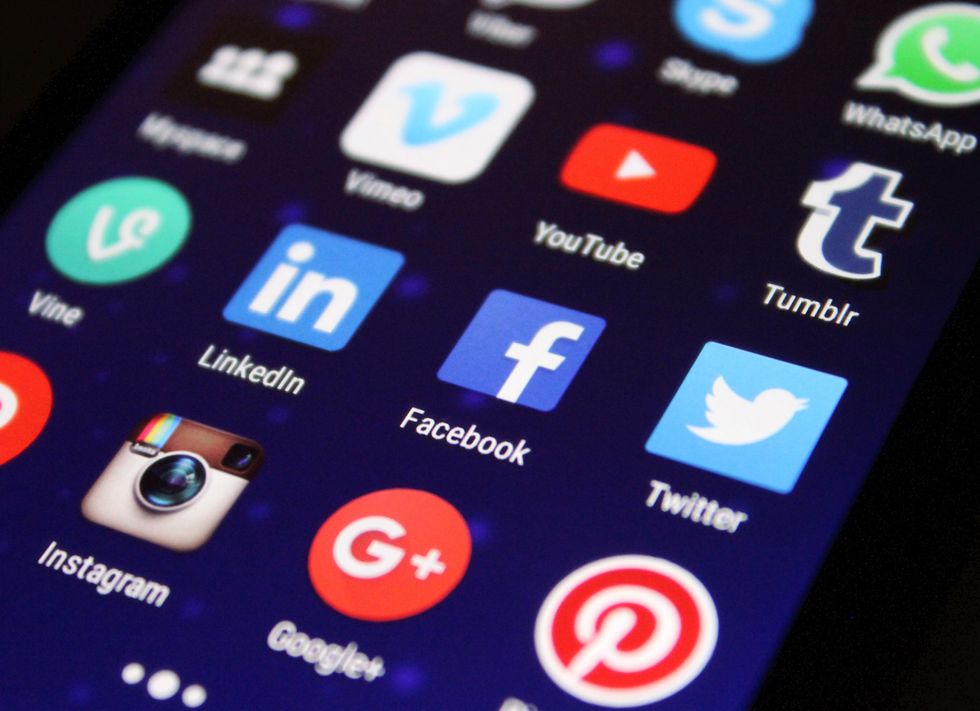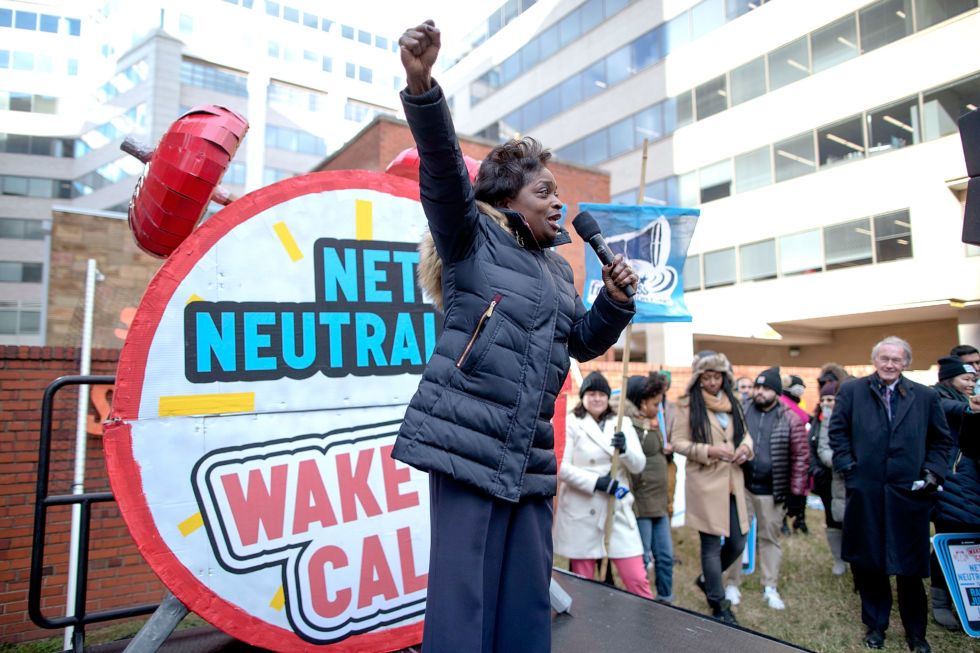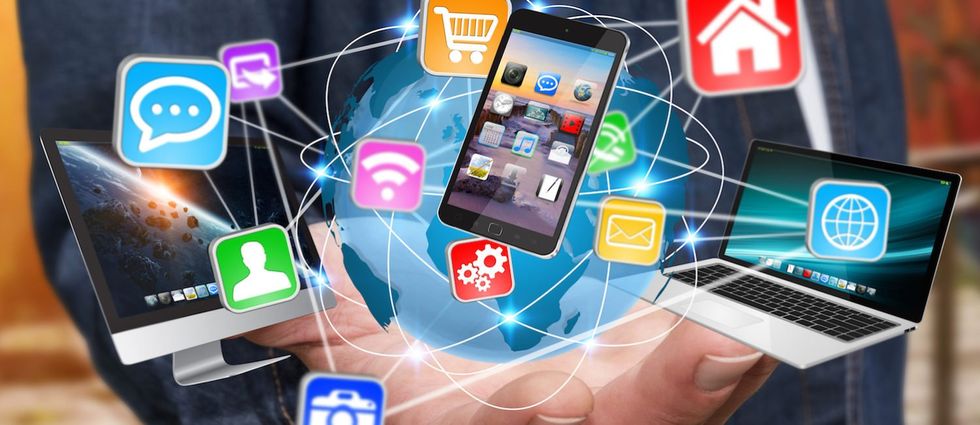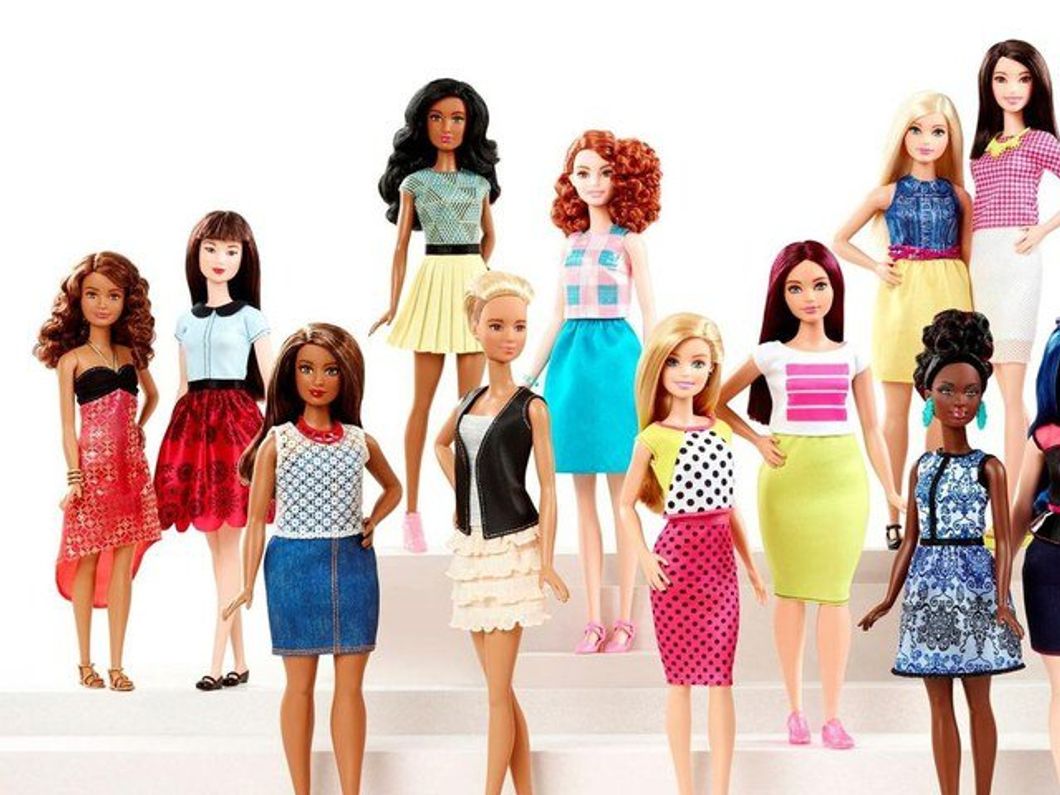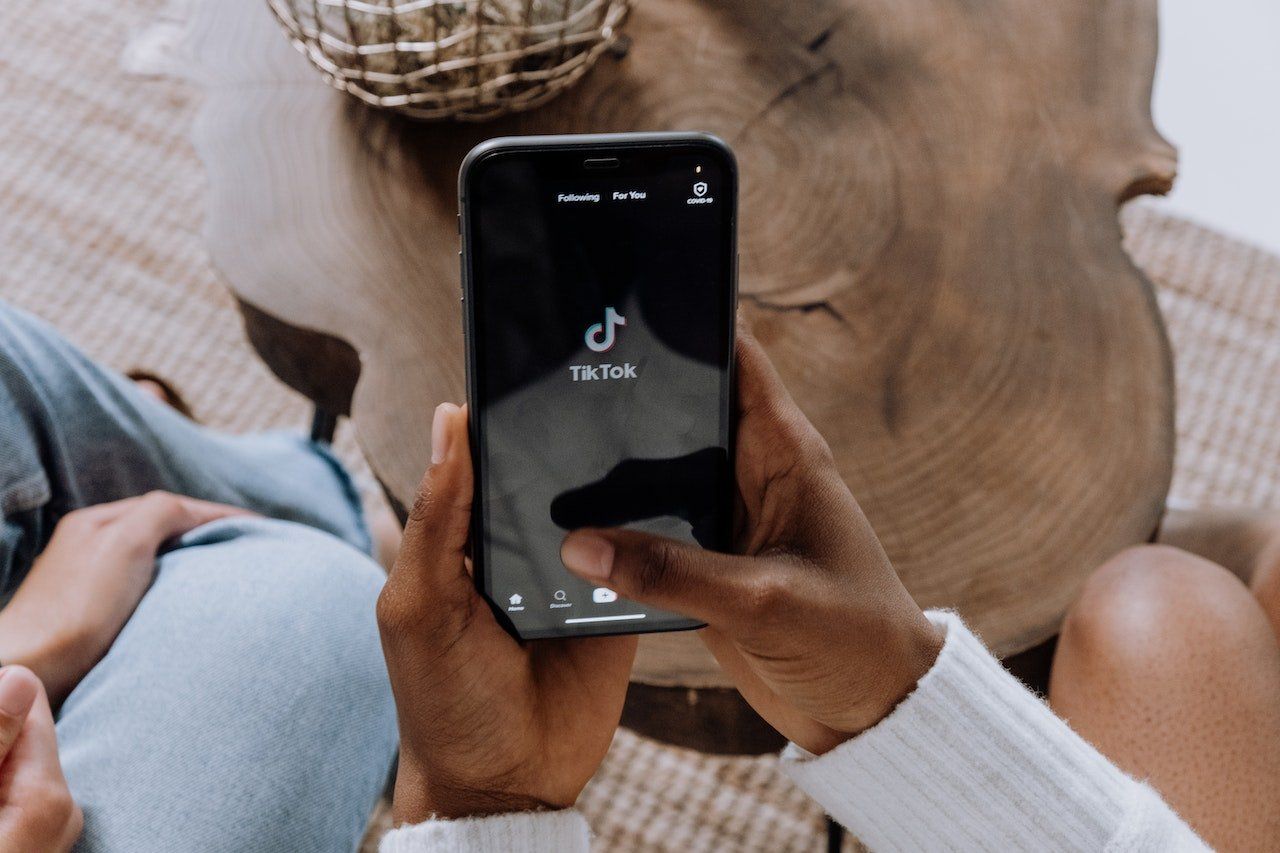If you watch the news, read the paper, or even just have Facebook, you have likely heard about Net Neutrality. And if you use Instagram, Twitter, or any site on the internet ever, net neutrality affects you.
Let's start with the basics.
What is net neutrality?
Net neutrality is the idea that all data on the internet is treated the same, and no priority is given to certain internet users.
What would we do without it?
Well, something as simple as reading this article might not be possible. Your access to sites like Netflix, or New York Post might come with an additional price tag. You would no longer have control over your internet experience. Sound like Big Brother, much?
Unfortunately, this is no longer a hypothetical.
As of December 14, 2017, The Federal Communications Commission voted for the elimination of Net Neutrality and put the power of our internet experience in the hands of Internet service providers.
After President Trump appointed Republican Ajit Pai to the Federal Communications Commission chairmanship, the potential of losing our net neutrality was on the table.
Preceding the vote against Net Neutrality, Pai defended the decision stating "investment in high-speed networks has declined by billions of dollars" to counter the Title II rights many have been fighting for. What he neglected to add, however, is that the major ISPs have said that Title II hasn't affected their investments.
Service providers such as AT&T, Verizon, T-Mobile, and more will have the power to make their own rules, instead of following the traditional rule of net neutrality. They can limit your access to certain sites in exchange for additional payment.
The good news?
The FCC is going to have to defend their decision against net neutrality in court. Why? Pro-net neutrality groups are not putting this at rest. In an effort to reinstate consumer protection, Pro-net neutrality groups have a plan to appeal and are suing the FCC.
What can you do?
While the vote has been made, you still have a voice. Contacting Congress by writing letters or making phone calls goes a long way.
Visit HERE to join the #battleforthenet and easily send your own letter to Congress.
The power is still in our hands, and we need to be the difference we want to see.

